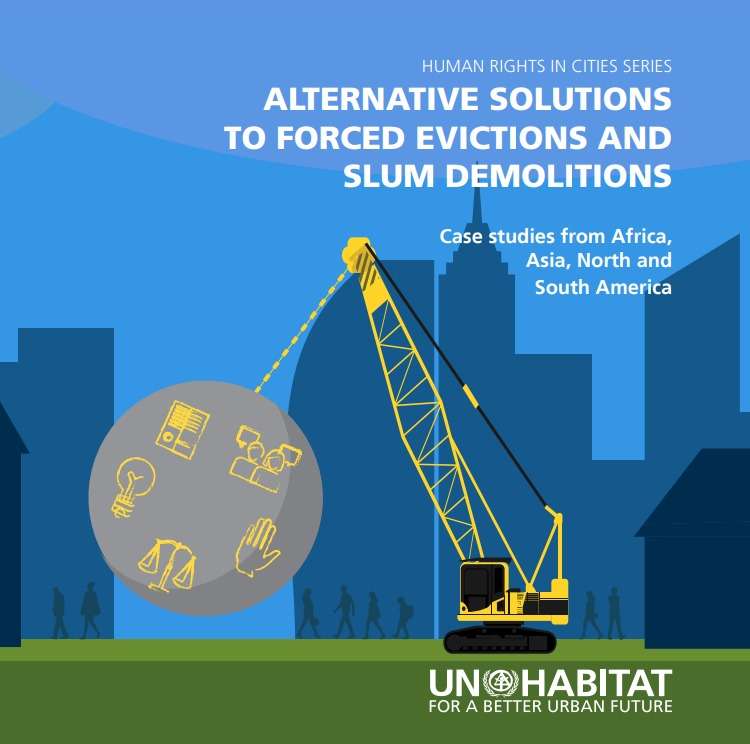By- UN-Habitat
Slum demolitions and forced evictions are a gross violation of human rights, specifically the right to adequate housing.
Adopting an inhumane displacement approach not only violates human rights international standards, but also reduces the city’s prosperity prospects in the medium and long term run by undermining them.
Forced evictions also intensify inequality, social conflict, segregation and invariably affect the poorest, most socially and economically vulnerable and marginalized people of society, especially women and children. Without tackling the underlying reasons for slum formations, they are bound to prevail. Thus, it is imperative to implement strategies that are in line with international human rights standards to face the challenges posed by informal settlements and slums.
READ ALSO:Nairobi House Approvals Slump to 5-Year Low

While strategies may vary greatly depending on the country’s socio-economic environment, the alternatives mentioned and analyzed in the case studies presented herein have improved urban prosperity and thus require great consideration and scaling up of the methodologies in other regions.
UN-Habitat’s mandate in this context assumes paramount importance, regarding the promotion and protection of the Right to
Adequate Housing for all which entails the prevention of forced evictions.




